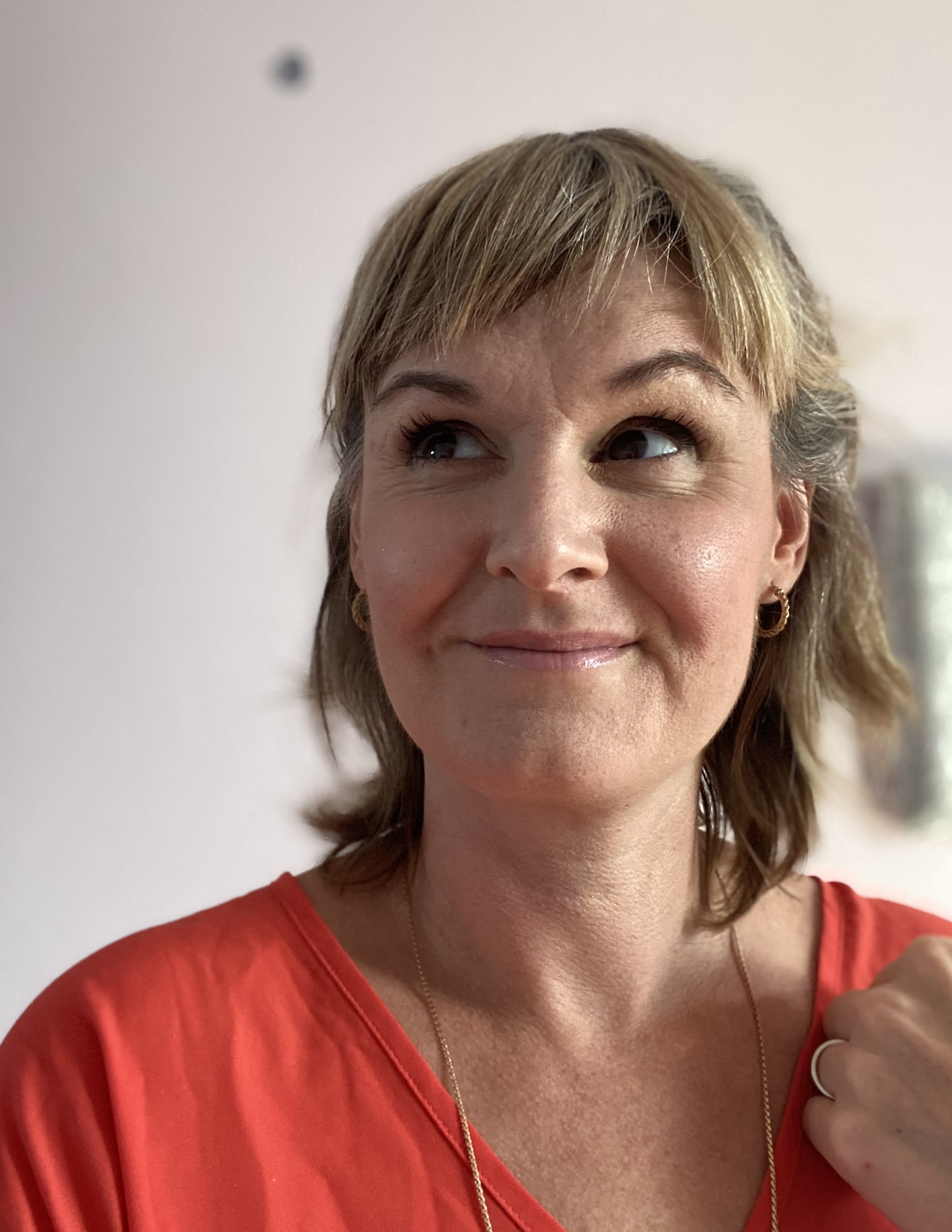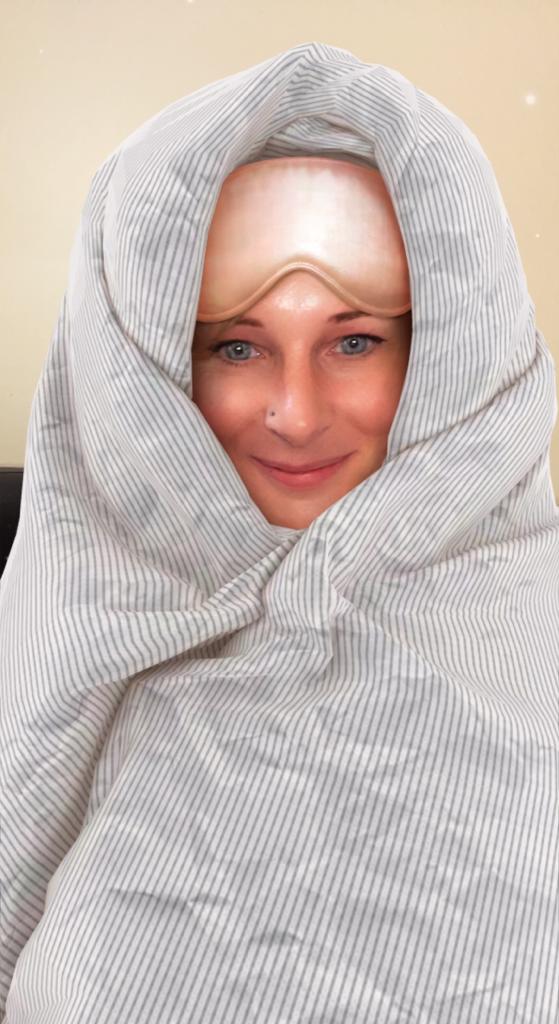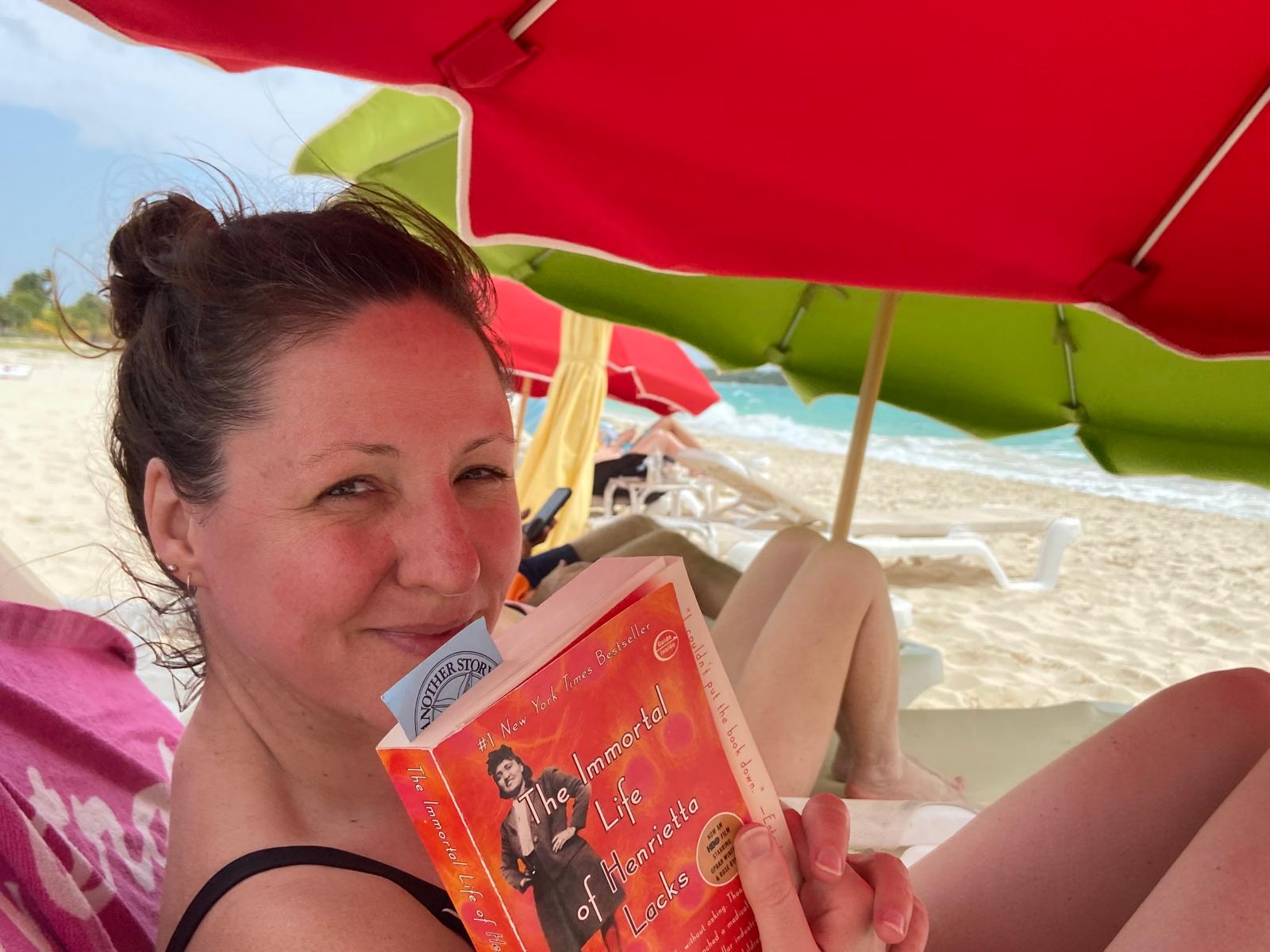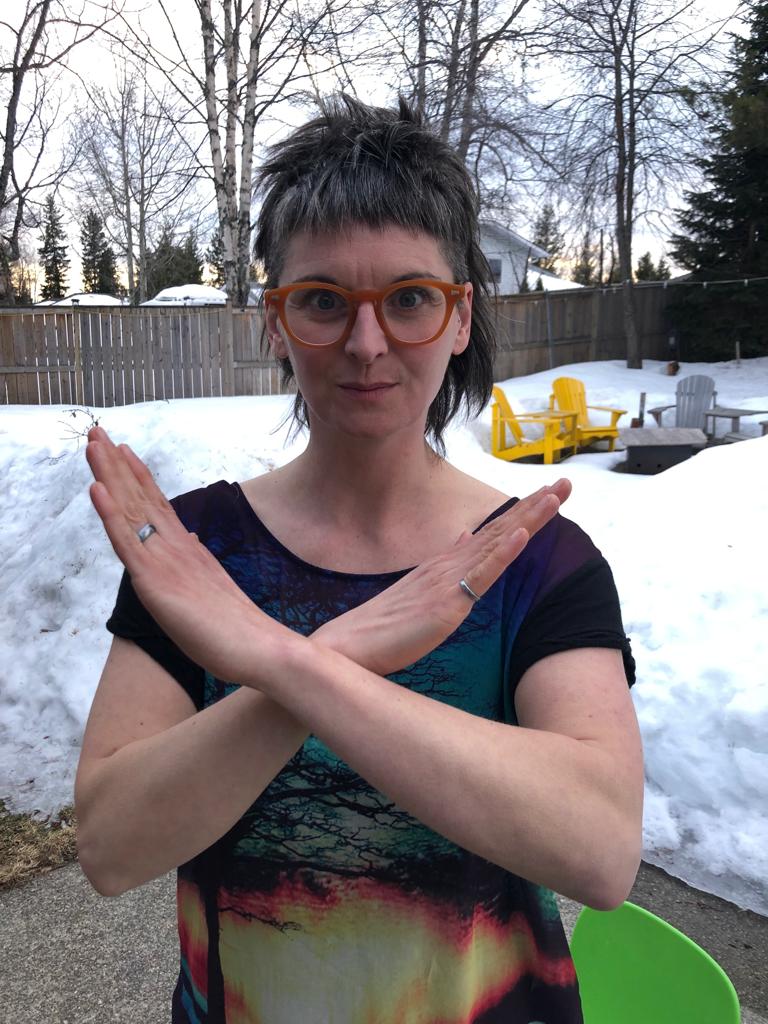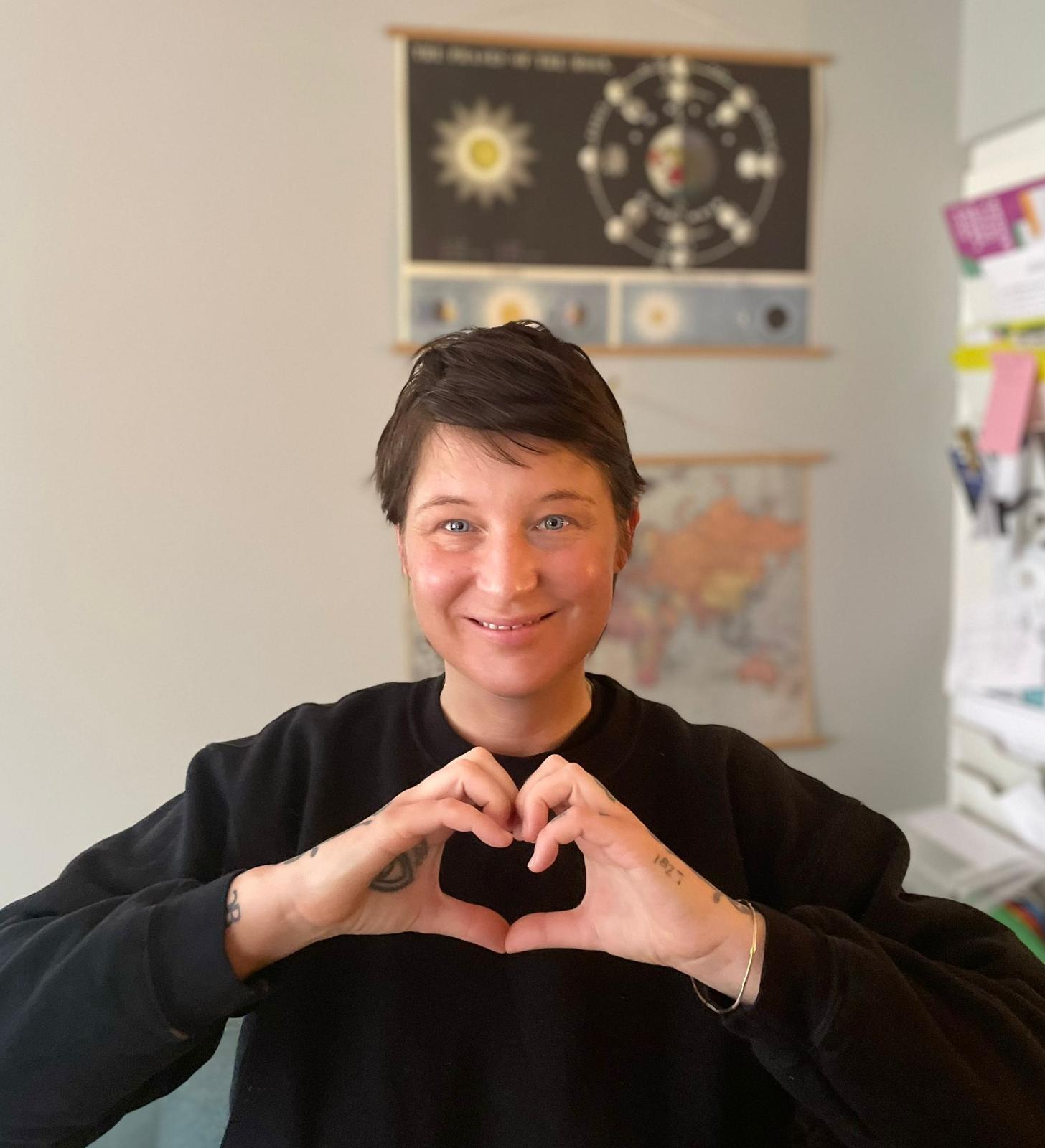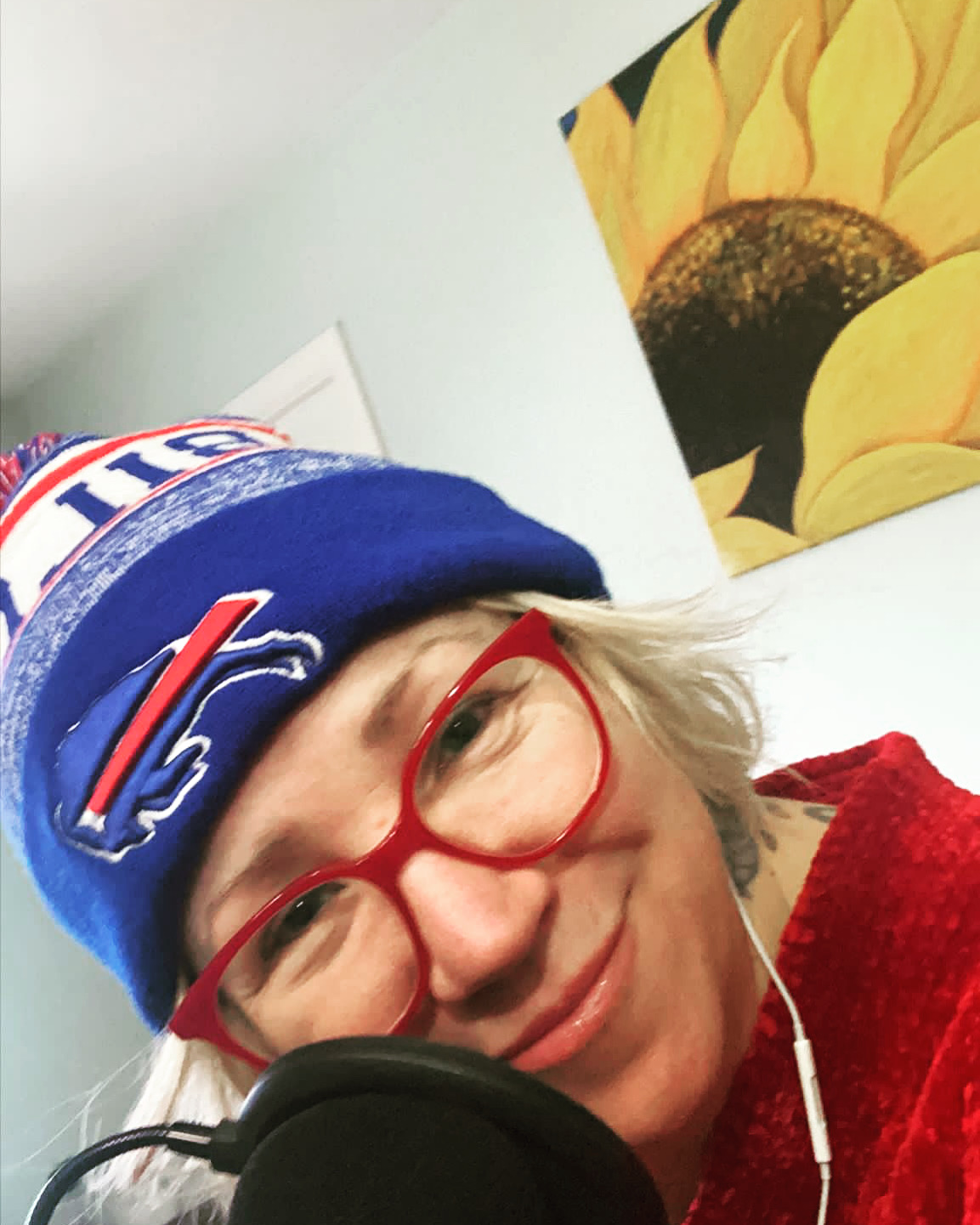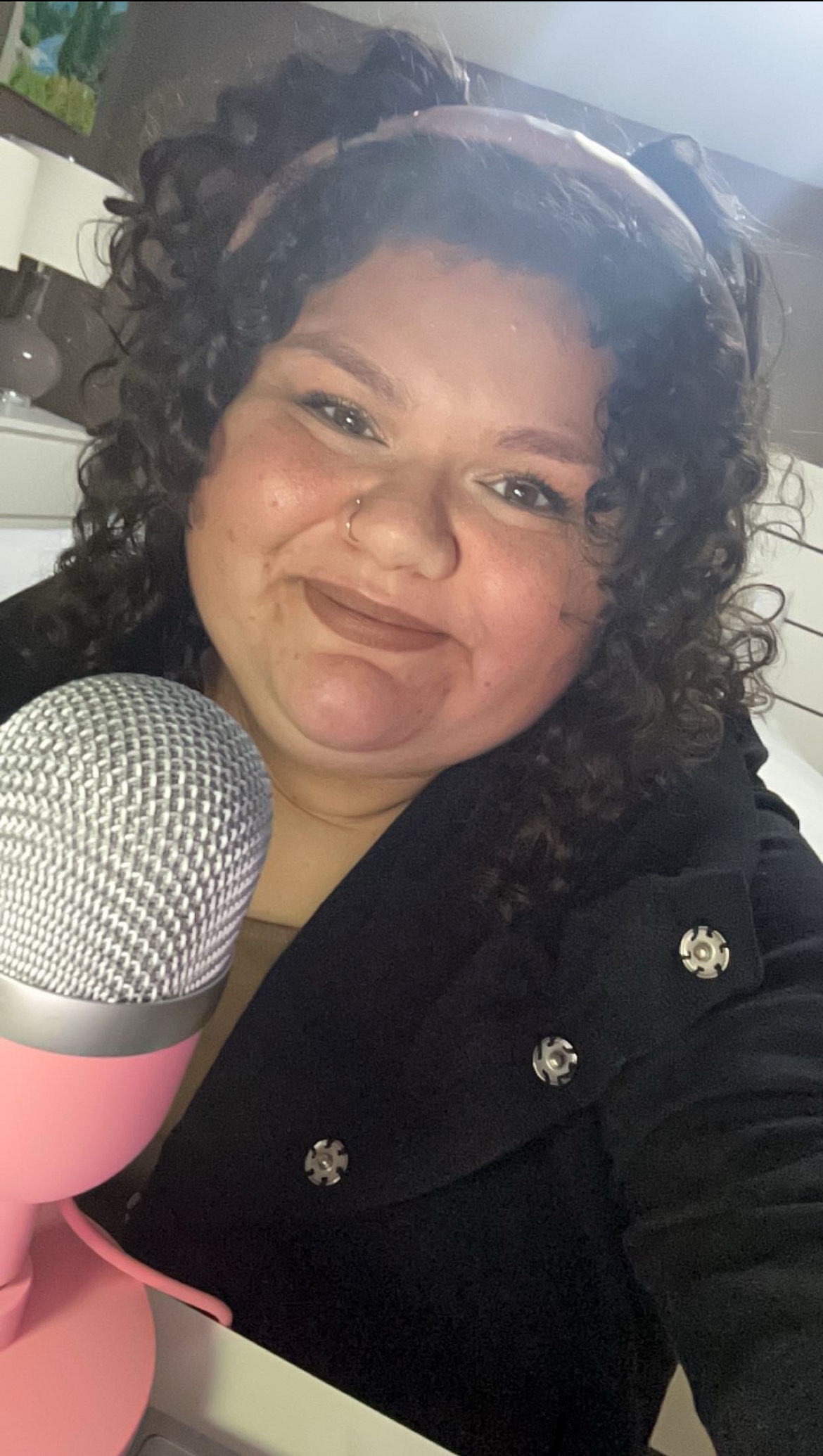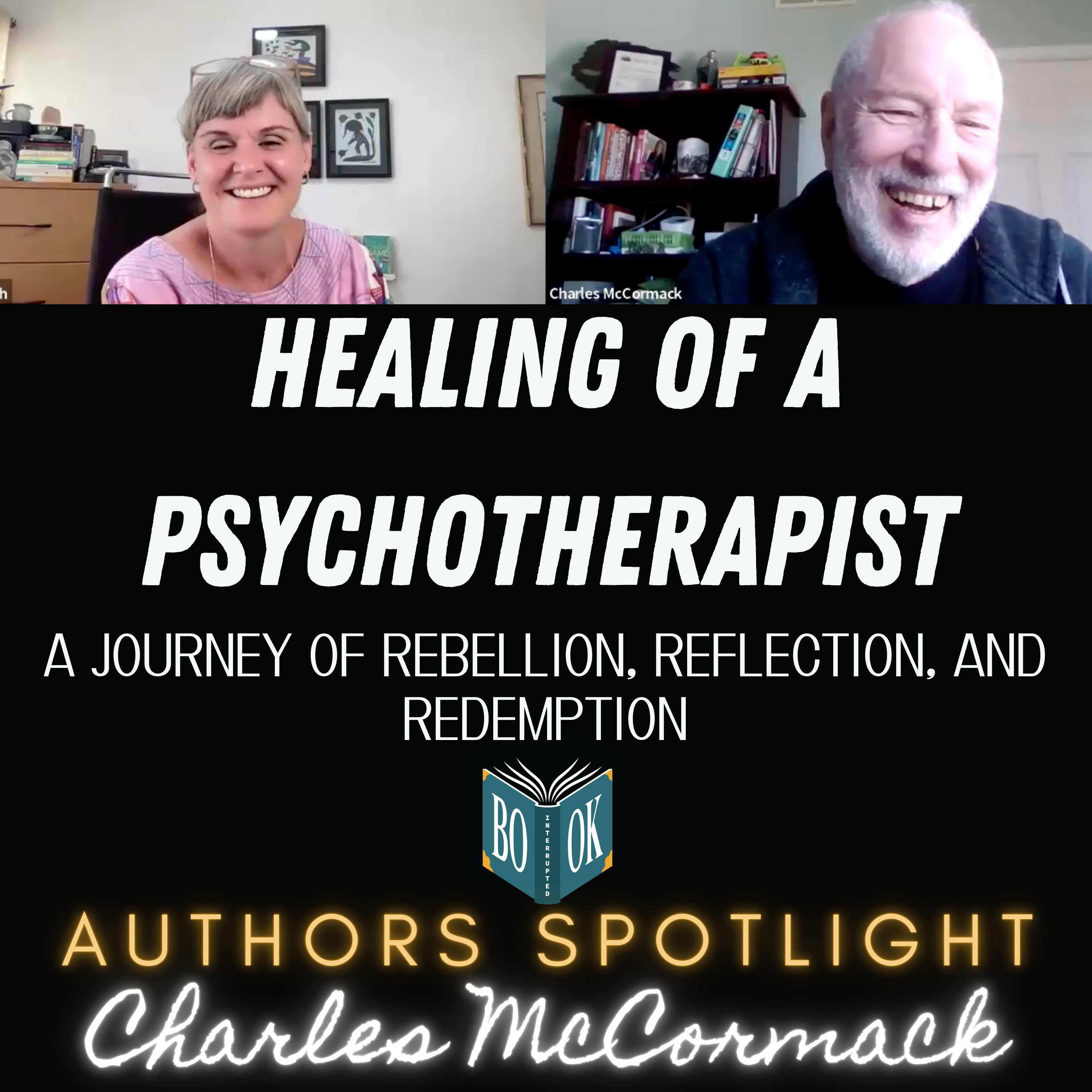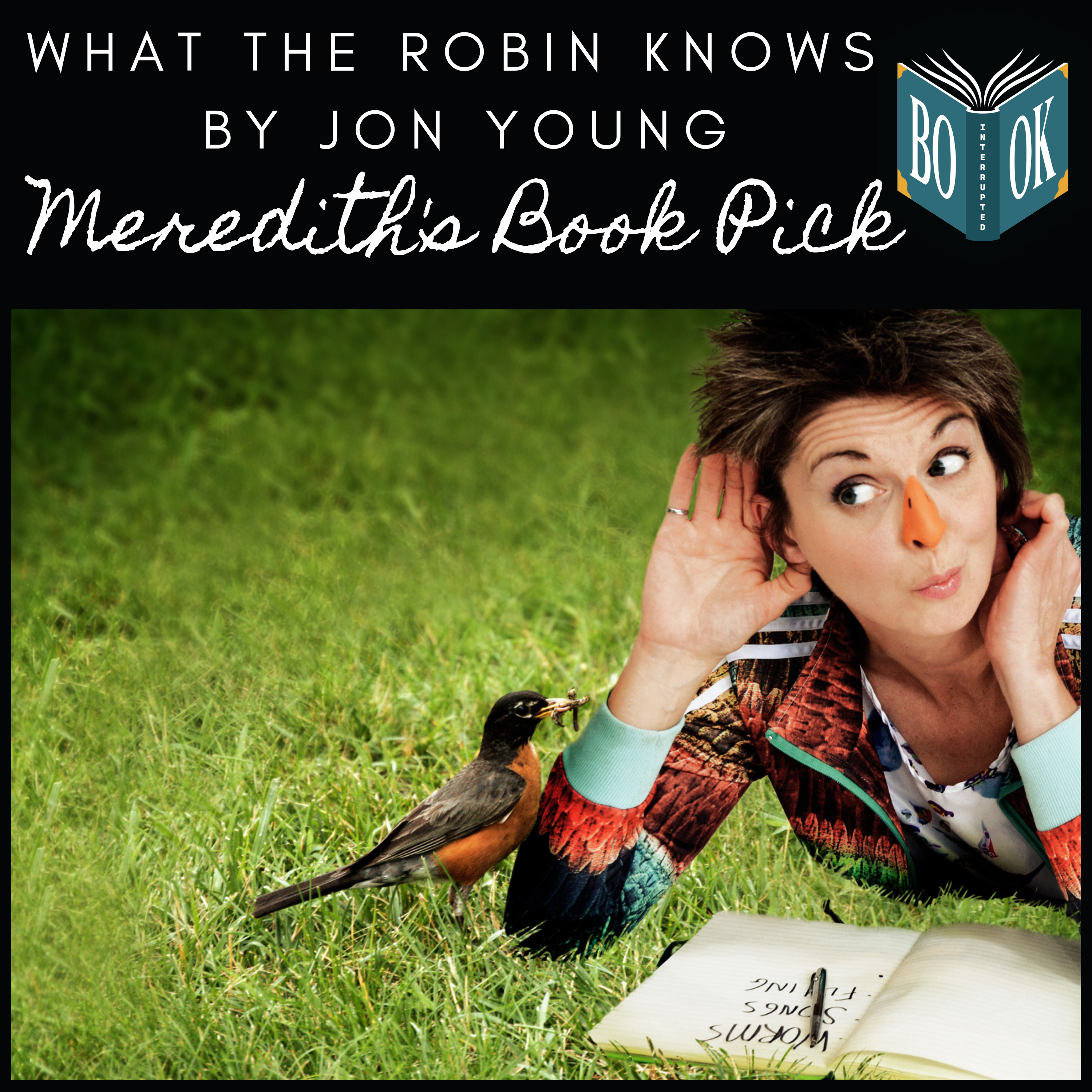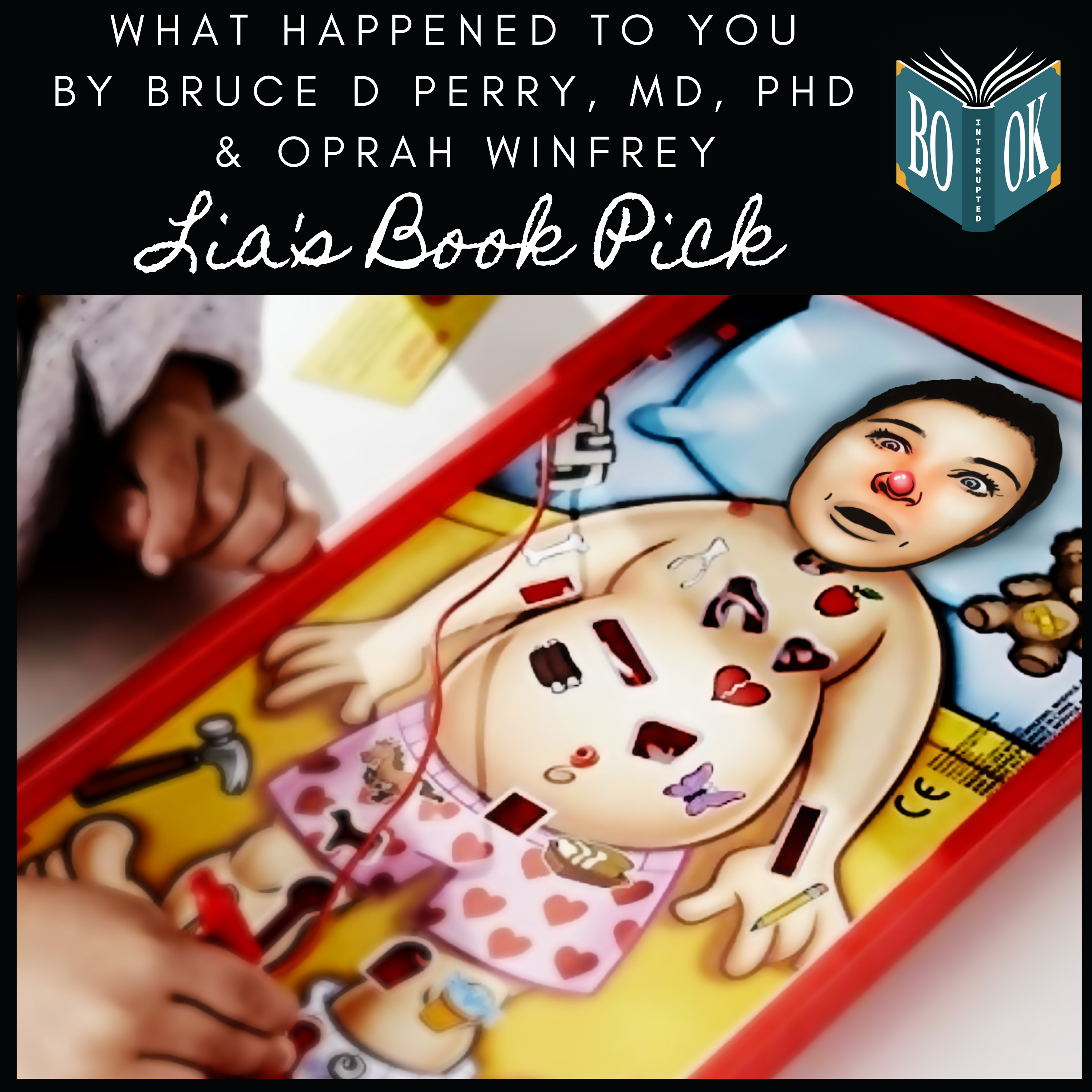Episode Transcript
[00:00:02] Speaker A: We are looking for a fan for a fan book choice. Do you want to be like Squiggy and Lindsay? Find out more information at www.bookinterrupted.com fans.
[00:00:13] Speaker B: Parental guidance is recommended because this episode has mature topics and strong language.
Here are some moments you can look forward to. During this episode of book Interrupted, a.
[00:00:25] Speaker C: Colleague of mine and a good friend kept telling me, you know, this is.
[00:00:29] Speaker B: A hero's journey, which is an Eric Hoffer Book award.
[00:00:32] Speaker C: Yeah. And it's given for the most thought provoking book in their competition. Those defenses are in play and they're on autopilot. By definition, they're unconscious.
[00:00:41] Speaker B: Oh, we all do. I've read books literally just because I thought the COVID was nice.
[00:00:46] Speaker C: But I think it takes courage to be happy because I think happiness, genuine happiness, requires integrity. But you could be right.
[00:00:54] Speaker B: Well, yes, for the most part, as an adult now I'm not. Right?
[00:00:59] Speaker C: Right front porch. And he and I would smoke a cigarette out there and drink tequila and talk. And then one night you don't talk about psychotherapy and military families.
[00:01:11] Speaker D: I to read a book is the goal.
I want to learn something new and I don't wanna be disrupted.
Mind, body and soul.
Inspiration is the goal, and we're gonna talk it out.
[00:01:44] Speaker B: Welcome to the author's spotlight. During these mini episodes, we have authors come on and tell us about their books and why we should read them. Let's listen. Welcome to the author spotlight. On this episode, we are talking to Charles McCormick and his memoir, healing of a psychotherapist. Journey of rebellion, reflection and redemption. Thank you, Charles. Thank you so much for coming on our show. So let us know about your book and why we should read it.
[00:02:12] Speaker C: Actually, I've written a number of books and then also some professional publications, but this book is the love of my life. It's entitled healing of a psychotherapist because I've spent a lifetime thinking about the human condition and treating others, probably 50 years now. And along the way, I realized I needed to treat myself, too. So I entered lots of different therapies and psychoanalysis and things like that, trying to figure out why I wasn't as happy as I thought I should be. Because I had won a number of professional awards and achieved promotions where I was to the highest you could get where I was. But I still wasn't happy. I started writing this book because my son asked me one day, he's tremendously successful, and he asked me one day, dad, is this it? I translated that to, is this what life is about? And then my daughter, at a different time, gave me a book for grandparents of questions from the grandparent to fill out for the grandkids. I liked the idea of it, but I didn't think they would really care that my favorite color was green. So I translated that to she was asking me, who am I? And that and the attempt to answer my son's question joined together to inspire the beginning of this book. However, as I was writing it, a colleague of mine and a good friend kept telling me, you know, this is a hero's journey. And I kept telling him, this is about the human condition. And it wasn't until I saw some articles on Joseph Campbell, who wrote the hero's journey, that I realized the two were one and the same. Since I'd spent 50 years thinking about the human condition and treating people and being treated, I developed a lot of awarenesses that I wouldn't have had the opportunity to develop otherwise and that I've used in therapy throughout my life and continue to learn and grow. And so I began writing this book, the story of my own life, also to figure out, why aren't I as happy as I should be? It took me seven years, many iterations of the book, and taking reviews into account and changing the book because I thought the reviews resonated with me as constructive criticism and that kind of thing. So then it became finally healing of a psychotherapist, partly because of a critical review saying the acknowledgments should be put in the back and that kind of thing, because they were long. And so that's why I replaced essence. Also, somebody had written that the title doesn't capture the quality of the book. And so that's how I got to the book today. And along the way, I realized what was holding me back was unacknowledged grief about my father. And so as I'm writing this book, lots of times I am prying as I'm just sitting there riding. So over this time, I've been able to kind of forgive my father, who is abusive and a narcissistic. So this talks about all of that as well, as well as my journey with patients and colleagues, my first wife. And they all contributed to it. They all added in. So that's how I came to the book today.
[00:05:17] Speaker B: And this is the second edition because the first edition was called Essence.
[00:05:21] Speaker C: Yes.
[00:05:21] Speaker B: Right. And Essence won the 2022 Montagne Award, which is an Eric Hoffer Book award.
[00:05:28] Speaker C: Yeah. And it's given for the most thought provoking book in their competition. And there was, like, 2600 books in the competition.
[00:05:35] Speaker B: And I agree with changing the name. I think your current book name makes me understand what the book's about for essence might not. I mean, you're not supposed to judge a book by its cover, but let's be honest, judge a book. It's cover. We all do. I've read books literally just because I thought the COVID was nice.
[00:05:53] Speaker C: Yes.
[00:05:54] Speaker B: Yeah.
[00:05:55] Speaker C: Well, certainly it makes you open the COVID to see what's underneath.
[00:05:58] Speaker B: So definitely yes. So I agree. I think that's great. I was wondering, do you feel that sometimes the wounded healer, because one of my close friends is a therapist and she says, you will not imagine how many are in this field just because it's like we have empathy for others and are able to help others because we also have pain to heal.
[00:06:20] Speaker C: Yeah, no, I agree with her completely. My mother always told me, Charlie, you're too sensitive. As early as I could remember. Cause I thought about things a lot, even as a child. And so I was able to carry that forward. And I had a lot to think about given my relationship with my dad. And I grew up in a military family, so we were constantly moving, constantly uprooted. At age eleven, I was sent to a french boarding school in Strasbourg, France, and didn't speak French. And I described my experiences there and which were abusive as well. So, you know, I've had a lot to think about and to realize how, you know, we learn our defenses in childhood to protect ourselves and to make our way survive in the world. And if you grow up in a more troubled setting, those defenses are in play and they're on autopilot. By definition, they're unconscious. So they're getting in our way constantly. So I think the more we come transparent to ourselves and unpack our stuff, the more we've become aware of what's getting in our way of being as happy as one of my titles of my book, way back, was as happy as we can stand, or as happy as I can stand. And it was talking about the way all my defenses were getting in the way of being able to enjoy the moment because of the risk of enjoying something and having it taken away.
[00:07:36] Speaker B: Yeah. So I've had. I had some trauma in my childhood, too. And as an adult now, and I've gone through a lot of, like you, a journey of healing, sometimes I have to stop myself and be like, is this really what's happening?
[00:07:50] Speaker C: Right?
[00:07:50] Speaker B: Is it me or is this a real situation that is. And I have to take a step back to figure out how I actually feel. I go, like you were saying, on automatic. And it's not necessarily what's actually happening. It's just my reaction to something that's I'm not actually in danger.
[00:08:09] Speaker C: Right. But you could be, right?
[00:08:12] Speaker B: Well, yes, for the most part, as an adult now, I'm not. Right.
[00:08:17] Speaker C: Right.
Yeah, yeah, yeah. You know, there's a risk to living life. And I think it takes. Actually seems counterintuitive. But I think it takes courage to be happy because I think happiness, genuine happiness, requires integrity. It requires doing good things. It requires, you know, contributing to the community and whatnot. Though I'm not very good at that part. I'm contributing in my own way. I'm an introvert, so I don't get out a whole lot. It's also the risk of losing again. And so what was in my way was just the ability to soak in what I was enjoying again. Because I'm always expecting the next slap. You know, my dad slapped me a lot, so sometimes I wouldn't see it coming. I couldn't anticipate it. So it's like, unconsciously I'm always ready for the next slap, looking out for the next slap. So it doesn't matter if the slap comes or not because you're already in that mindset, you see. And then that'll definitely interfere with your capacity for happiness. So you gotta be willing to lower that defense and take the slap if it comes.
Otherwise you won't be able to live.
[00:09:23] Speaker B: Yeah. And that's brave.
[00:09:24] Speaker C: Yeah. It takes courage.
[00:09:26] Speaker B: Yeah, definitely takes courage to jump into that.
[00:09:30] Speaker C: Exactly. Yeah. As I say in my book, I finally figured out when I was in my early twenties that what I needed as I was in the business world, what I needed wasn't a job. It was a calling. And now I found my calling. I went on a three month camping trip till the money ran out. But on that trip down to Mexico, I ran into a psychologist. Cause my car broke down and he invited me to his ranchero. And, you know, we'd sit out there. It was totally out in the middle of a field. And there was no indication of modernity. No lights. All were, like, butane lamps and stuff like that. And I was sitting on the front porch and he and I would smoke a cigarette out there and drink tequila and talk. And then one night, when I was sitting out there by myself I saw these women with black shawls over their heads coming from across the field towards this village in the other direction. That was a good distance away. And as they passed me by, none of them spoke to me or anything, but they were like, you know, 5100ft away. And yet I realized this could be 300 years back in time. It was just such an amazing experience. But living with that guy, he was a car mechanic, but before that, he had been a psychologist, and they put him into administration, and he hated administration, so he decided to become a car mechanic, and he fixed people's volkswagens at their homes. And he impressed me so much, I realized he had done the ultimate realization. He had taken a dream and made it into a reality. And on this journey, I was also reading Carlos Castenada and stuff like that. And I realized, I think I want to be a psychotherapist. A word that had never been used in my family growing up as we were a military family. You don't talk about psychotherapy in military families.
So anyway, I think all our lives are interesting. I mentioned that, too, in the book. I love listening to people's stories.
[00:11:24] Speaker B: Yeah. And how life just kind of directs you if you're willing to look at where you need to go.
[00:11:31] Speaker C: Yeah. As you pointed out, too, is that we kind of have these autopilot responses to our moving through life. An earlier title of my book was the invisible Waters of our lives. And it was about how what we see as normal often isn't normal. It's just what we're used to. And so it doesn't even stand out for us as being problematic. Like, I grew up in a somewhat abusive family, yet I thought it was an exemplary family until my therapist started challenging that notion. And then I was insulted until I started thinking about what he was asking. I said, yeah, you got a point there.
[00:12:14] Speaker B: Yes. So that's excellent. I can't wait to read your book. I wanted to say thank you for coming on our show and for our listeners. If you'd like to read Charlie's book, you can find it on our website, www.bookinterrupted.com. there'll be a link there and it'll take you to the book on Amazon. And where else can we find your book?
[00:12:34] Speaker C: Actually, just about everywhere. Barnes and Noble, Kobo. I don't know all the sites.
[00:12:40] Speaker B: Okay, great. And we'll have a link for Amazon, or you could go to your local bookstore.
[00:12:44] Speaker C: Yes.
[00:12:44] Speaker B: Perfect. So thanks for coming on.
[00:12:47] Speaker C: I thank you for your generosity of time and spirit.
[00:12:50] Speaker B: Of course, yes. I'm so happy we were able to do this.
[00:12:53] Speaker C: Me too.
[00:12:54] Speaker B: Thank you for joining us on this episode of book Interrupted. If you'd like to see the video highlights from this episode, please go to our YouTube channel book interrupted. You can also find our videos on www.bookinterrupted.com.
[00:13:10] Speaker E: Are you having a hard day? Do you just need a break? Then I would suggest one of our off the shelf episodes. They're filled with laughter, silliness and nothing serious. You could find them at the beginning and end of each of our book cycles. Like bookends. Hold onto your bookmarks because book interrupted is going off the shelf.
[00:13:29] Speaker D: Book interrupted.
Never forget, every child matters.
